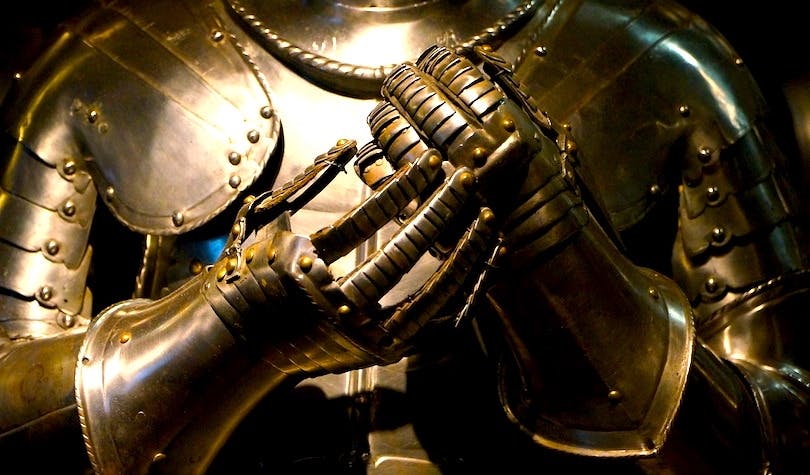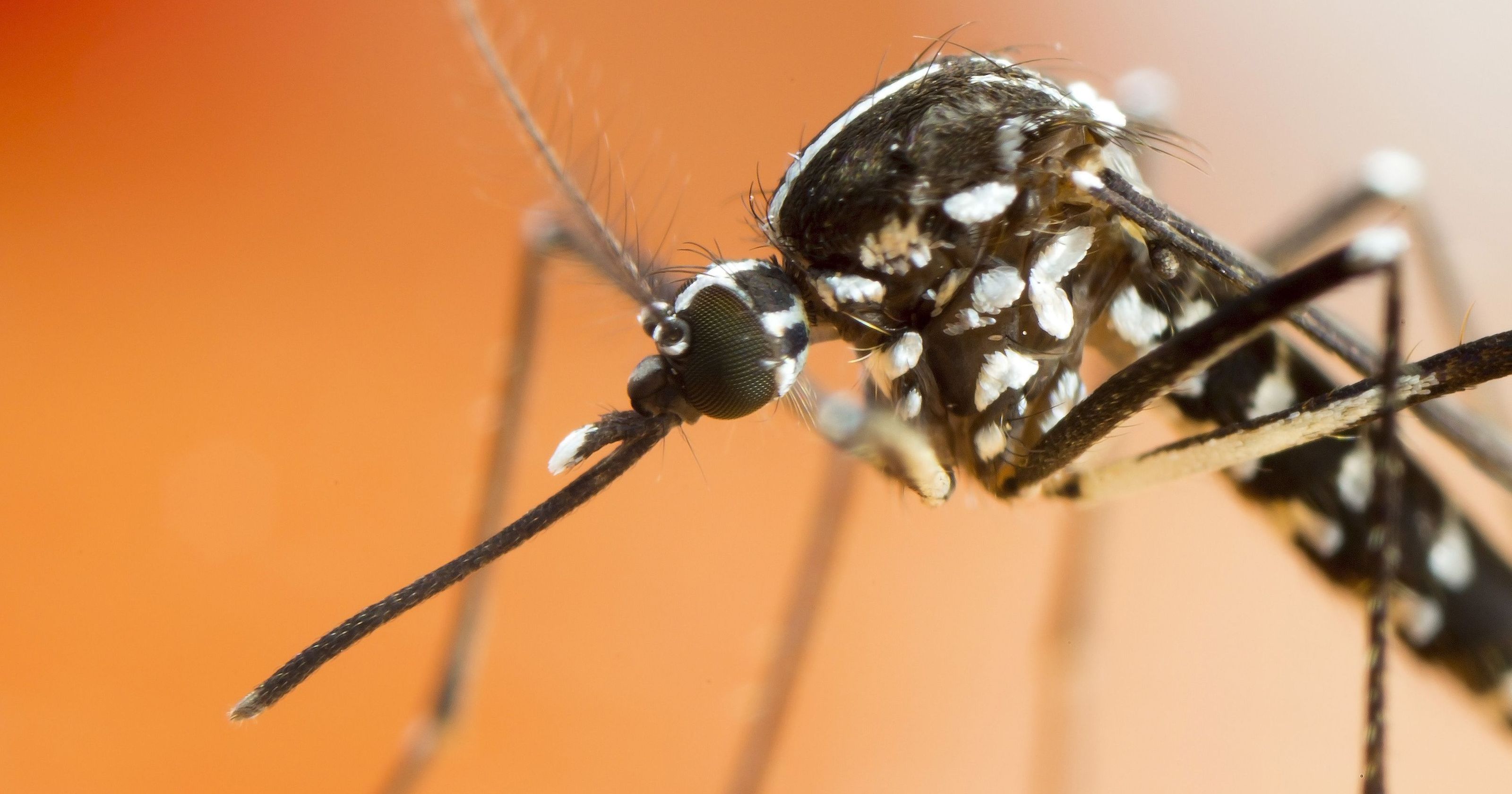The Securities and Exchange Commission settled charges with Tesla CEO Elon Musk over his aborted bid to take the company private, with the billionaire remaining as the helm of the company but relinquishing his chairman title and getting slapped with a hefty fine.
Some of my thoughts on the Kavanaugh hearings, sexual assault, and technology: https://mavenroundtable.io/…/brain-implants-would-end-most…/ #transhumanism #MeToo
A brain implant that registers trauma could help prevent rape and violent crime — so why don’t we have it yet?
California Governor Jerry Brown has signed a cybersecurity law covering “smart” devices, making California the first state with such a law. The bill, SB-327, was introduced last year and passed the state senate in late August.
Starting on January 1st, 2020, any manufacturer of a device that connects “directly or indirectly” to the internet must equip it with “reasonable” security features, designed to prevent unauthorized access, modification, or information disclosure. If it can be accessed outside a local area network with a password, it needs to either come with a unique password for each device, or force users to set their own password the first time they connect. That means no more generic default credentials for a hacker to guess.
The bill has been praised as a good first step by some and criticized by others for its vagueness. Cybersecurity expert Robert Graham has been one of its harshest critics. He’s argued that it gets security issues backwards by focusing on adding “good” features instead of removing bad ones that open devices up to attacks. He praised the password requirement, but said it doesn’t cover the whole range of authentication systems that “may or may not be called passwords,” which could still let manufacturers leave the kind of security holes that allowed the devastating Mirai botnet to spread in 2016.
And yet, today, the struggle against HIV may be undergoing a sea change.
U.S. health officials and HIV experts are beginning to talk about a future in which transmission in the United States could be halted. And that future, they say, could come not within a generation, but in the span of just a few years.
“We have the science to solve the AIDS epidemic,” Dr. Robert Redfield, the director of the CDC, himself a longtime HIV researcher and clinician, told STAT in a recent interview. “We’ve invested in it. Let’s put it into action.‘’
The Milky Way has a violent past. When it isn’t swallowing renegade sausage galaxies, it seems to be waging endless games of interstellar tug-of-war with its nearest galactic neighbors — and not always winning. According to a new study published Sept. 19 in the journal Nature, one such encounter ended with a cosmic wound to the Milky Way’s disk that still hasn’t fully healed, 300 million years later.
That wound, researchers say, is visible in a cluster of several million stars that are not behaving as they should be. While still rotating around the Milky Way’s galactic center, these rogue stars also orbit around one another in a wobbly, spiral pattern that has only become more tangled over the past eon. [Big Bang to Civilization: 10 Amazing Origin Events]
“We have observed shapes. [of star clusters] with different morphologies, such as a spiral similar to a snail’s shell,” lead study author Teresa Antoja, a researcher at the Institute of Cosmos Sciences (ICCUB) at the University of Barcelona, said in a statement. “These substructures allow us to conclude that the disk of our galaxy suffered an important gravitational disturbance.”









